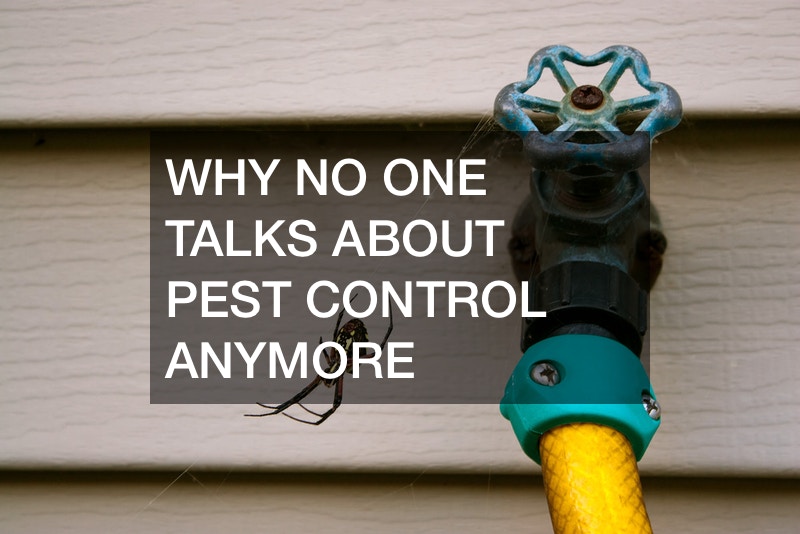


Getting rid of bugs and pests will be difficult if you already have them in your home. Pests have a reputation for hiding well, causing damage to your property, and in some cases, even spreading disease. Every season delivers its unique collection of intrusions. By calling at-home extermination from your neighborhood pest control service at home firms, you can get rid of them all at once.

Before exploring the possibilities, you should consider these issues: Are at-home pest control products hazardous, are exterminator chemicals safe, are exterminators efficient, and are exterminators safe? No matter how efficient the at-home pesticides exterminators employ to get rid of bugs, mice, and vermin may be, many of them include dangerous chemicals.
Extermination at home performed by professionals frequently produces speedier and more effective outcomes than do-it-yourself methods. They can also assist you in saving money in the long run by preventing an expensive invasion or damage by identifying pest problems early and eliminating them swiftly.
Pesticides can damage your property, the environment, and the health of your family and pets if they are not used properly. If you want to get backyard fumigation at home in a safe and effective way, you must choose the most effective form of pest control management.
If you already have bugs and pests in your house, it’ll be a challenge to get rid of them. Pests are notorious for hiding, wreaking havoc on your property, and in some instances even transmitting disease. Each season brings its own particular assortment of intruders. You can eliminate all of them in a single sweep by contacting exterminators from your local pest control companies.
Before delving into the possibilities, you need to first consider the following questions: are exterminator chemicals safe, are exterminators effective, are exterminators safe, and are pest control sprays harmful? Regardless of the possibility that the pesticides exterminators use to get rid of pests, rodents, and bugs are quite effective, many of them include hazardous chemicals.
Professional extermination typically yields quicker and more successful results than DIY approaches. By spotting pest issues early and getting rid of them quickly, they can also help you save money down the road by averting an expensive invasion or damage.
If not handled correctly, pesticides can be harmful to your family’s health, and the health of your pets, as well as cause damage to your property and to the environment. Finding the most effective method of pest control management is essential if you want to get rid of these annoying pests from your house in a way that is both safe and effective.

“Where is the best exterminator for ants near me located” and “how can I find the best termite treatment near me” are just a few of the important questions homeowners often ask when they are dealing with various pest issues in and around their home. There are some pests that are more common and also more problematic than others, so it is often necessary to work with local professionals to help get rid of the annoying pests.
Whether you are searching for an ant exterminator, flea and tick spray technician, or roach elimination expert, your local pest control company has the services you need and the products you are looking for. Stop settling for ok services and get better pest supply products and pest control services with a local professional.
Check local business listings to see what providers are available in your area and see what services you have to choose from. You can also use your smart device to see what companies are in your area and to look for “the best bug spray on sale near me” and other critical searches to help you get the pest control services you need.

People don’t like to think about pests hanging around their home. General household pest control starts with simple methods and escalates to the more advanced pest control services an exterminator offers. Some household pest control tips even use items you likely already have in your kitchen or bathroom.
The term ‘pests’ encompasses mice, roaches, termites, ants, slugs and snails, etc. What these little critters have in common, besides annoying you, is that they are getting some sort of nourishment from your home. To get them to go away you need to prevent them from getting that nourishment, by removing access to it or through poisoning it.
Some of the top offenders in general household pest control are:
1. Roaches.
-
- These pests are particularly disgusting: they carry 33 different kinds of bacteria, seven types of human pathogens, and six different strands of parasitic worms. As though they weren’t repugnant enough, roaches are found to be more active during the warm months when it is about 70 degrees outside and you are likely to leave the windows open.
2. Mice.
-
- You need a good rodent control plan to deal with a mice problem. Why? Well, a female mouse may have anywhere between 5 and 10 litters of five or six mice each year. Yes, 60 little mice may take over an area in just one year.
-
- But that couldn’t happen in your house, right? The 82% of participants in a national study who found mice allergens in their homes would probably disagree with you.
3. Termites.
- Termite control options vary, and really require the help of a specialist. Because these pests are eating away at the bones of your home, this is problem that needs to be taken care of as soon as you are aware of it. They may not even need to use the ‘circus tent’.
If you have small children, pets, or are concerned about the chemicals in pesticides, there are easy solutions for smaller pests you find in your garden. Slugs and snails, for example, dislike copper and salt. They have been known to drown themselves in a small dish of juice. Ants dislike cinnamon, chalk, and black pepper.

The choice to call an exterminator, or to use a gentler approach for general household pest control, depends on the pest you are faced with and your personal preferences. It is a problem that demands immediate action, for general health and cleanliness. Have you had a pest infestation? Tell us about it in the comments below.








